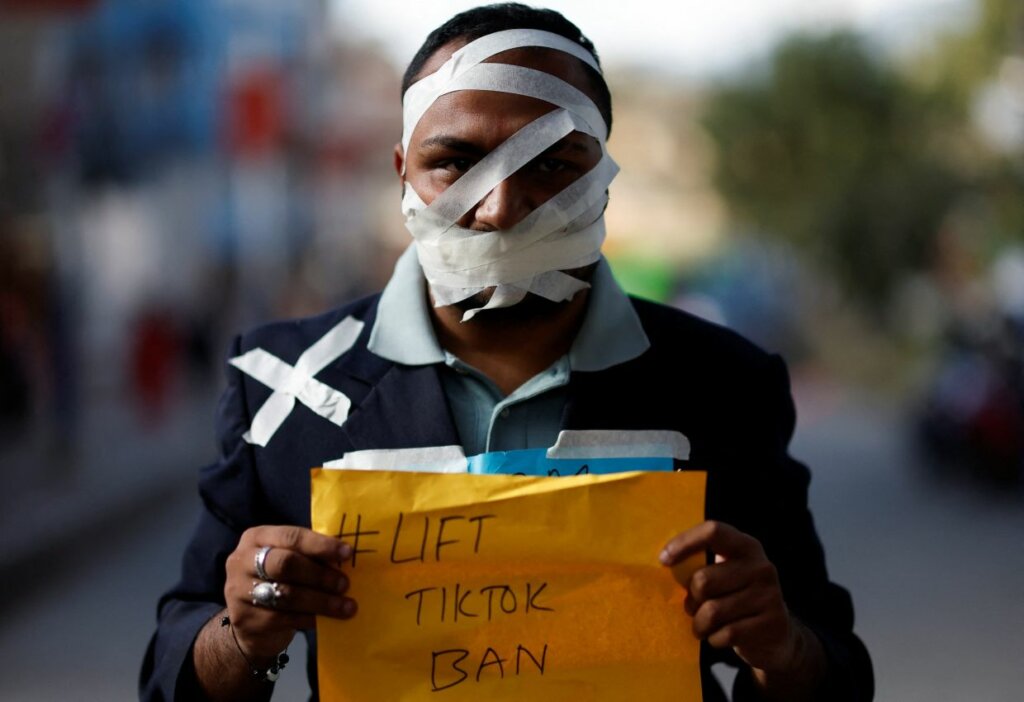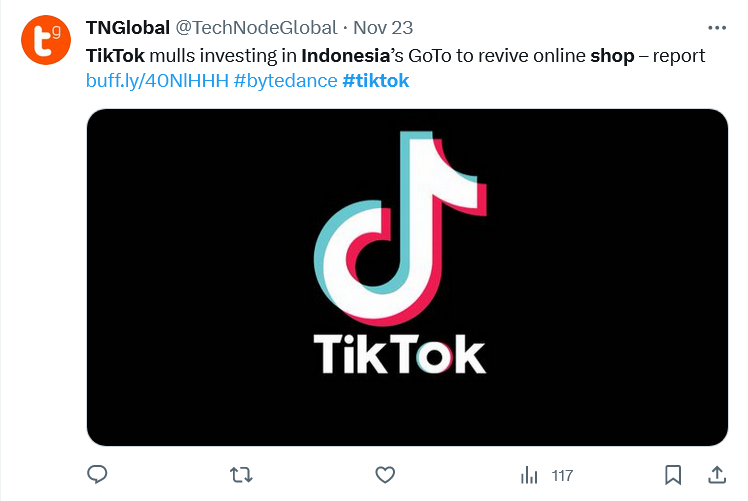Asian countries hold big tech companies accountable

• Big tech companies are suddenly being held accountable for their influence and impact around the world.
• Meta is even being sued by over 30 Attorneys-General in the US.
• Tighter regulations will have to be complied with in Asia
It’s not been a great week for big tech companies. In the US, Apple is in hot water due to concerns that the Chinese government is influencing the company’s program commissioning, and Elon Musk’s X has failed to pay a fine imposed by Australian regulators. Sam Altman has been fired, hired, and rehired again, leaving a gaping insecurity in OpenAI’s investor confidence.
Across the world, too, regulators and governments are cracking down on big tech companies and emphasizing the need for compliance.
New legal powers in the European Union have changed the landscape for Apple-Android messaging, and in the US, new digital payments regulations have been proposed. Now, Asian countries are paying attention – and are increasingly concerned by the dominance of just a few tech companies.
Across the region it’s indicated that big tech companies will have to comply with standards that might soon be international benchmarks. Let’s have a look at some specifics.
Japan
In June, a Japanese government panel led by Chief Cabinet Secretary Hirokazu Matsuno proposed regulations that would open up the Apple and Google app stores to competition, as well as stopping a bias toward the companies’ respective smartphone operating systems.

Chief Cabinet Secretary Hirokazu Matsuno lets the little guys compete with big tech companies.
The panel said that the bias is caused by the companies making it difficult to download apps or use payment services developed by third parties – both Apple and Google charge commissions on app payments.
In October, Japan’s Fair Trade Commission (FTC) revealed it had begun an investigation into Google blocking rival services and a potential breach of antitrust regulations.
The Justice Ministry has made another push for foreign technology companies to register their overseas headquarters in the country to extend government oversight in online harassment cases. That would enable victims to file lawsuits in Japan instead of having to go overseas.
Most social media companies have registered already, after a warning in 2022 that 48 foreign tech businesses were in breach of this rule. Google, Meta and X all registered their headquarters in the country.
FTC officials are on a recruitment drive to hire more lawyers to enhance scrutiny of big tech companies as Japan shows increasing concern that the domestic units of tech companies are undermining fair competition.
Nepal
Nepalese government officials announced the country would ban TikTok on November 13th. The move comes in response to TikTok’s negative impact on the country’s “social harmony” and how it “disrupts family structures and social relations.”
It’s been criticized by some as blocking freedom of expression and a group of journalists and nonprofits released a statement saying the ban would limit speech and the opportunity for Nepalis to participate in the global online community. Dozens have organized protests around the country.
There are around 2.2 million TikTok users in Nepal, said Sudhir Parajuli, president of the Internet Service Providers’ Association of Nepal. Many use the platform as a source of income.

Ashish Dangi holds a placard as he takes part in a protest against the ban on TikTok in Kathmandu, Nepal November 18, 2023. Via REUTERS/Navesh Chitrakar
Over 1,600 cybercrime cases, most of them related to TikTok, have been registered over the last four years in Nepal, according to local media reports.
The government also passed a directive this month requiring social media platforms to establish offices in the country as a means of broadening government oversight. The legislation further outlines a range of prohibited online actions – from spreading fake news to publishing photos of private affairs without permission. Embarrassing outbursts on public transport might be safe from internet trolls, but so will government officials in compromising positions.
Indonesia
Indonesia made headlines in late September as the first country to ban social media sales, bidding goodbye to TikTok Shop. The development was somewhat surprising, as TikTok’s e-commerce push was cited by experts as indication of the sector’s potential in the country.

Shou Zi Chew, TikTok’s CEO.
TikTok chief executive Shou Zi Chew said in June that the company planned to invest billions of dollars in Southeast Asia, referencing Indonesia as a crucial part of the strategy.
Ah, how well that worked out.
Indonesian officials say that small businesses need protection from big tech companies, and banning e-commerce on social media will support offline businesses.
“Now, e-commerce cannot become social media. It is separated,” Trade Minister Zulfiki Hasan said.
Previously, President Joko Widodo had warned the country needed to be careful about e-commerce.
TikTok released a statement saying it was complying with the rules and would “no longer facilitate e-commerce transactions in TikTok Shop Indonesia … and will continue to cooperate with the relevant authorities on the path forward.”
India holding big tech companies accountable
In August, the Indian government rolled out a digital personal data protection bill that “seeks to better regulate big tech companies and penalize firms for data breaches,” placing more onerous requirements on big tech companies, like renegotiating contracts with local partners and overhauling data handling processes.
A number of companies had to request extensions of up to 18 months to comply with the rules. The law has further sparked concern about government overreach and a shrinking of digital freedoms in the country, particularly against a backdrop of media freedom concerns.
Another antitrust probe into Google began in May, focusing on its app payments.
Australia
Australia may not have been traditionally thought of as an “Asian” country, but it is by geography a member of the Asia-Pacific region (APAC), so geopolitically it counts in our round-up.

Is TikTok looking for a way around the TikTok Shop separation?
In February, the social media site X – still called Twitter back then! – was instructed by Australia’s internet safety watchdog to better police child abuse material shared on the platform. The same was asked of YouTube, Google and TikTok, and financial penalties were threatened.
In October, a report by the eSafety commissioner singled X out for allowing child abuse material to proliferate across the platform. It was issued a fine by eSafety on the day of the report’s publication because of its failure to detail plans to get rid of child abuse content on the site or be proactive in tackling the issue.
“Twitter/X has not paid the infringement notice within the allotted time frame and eSafety is now considering further steps,” a spokesperson for the regulator said.
There was a new logo to be designed, though! The social media site was in the middle of a rebrand – pesky regulators should understand that.
Big tech companies have for years acted as though they were above the law, and as thought massive regulatory fines were merely the cost of doing multi-million dollar business. If they are now to be faced with stronger regulatory curbs on their behavior, it’s hard to find many people who will cry for them. The only issue, as in the case of Nepal and TikTok Shop, will arise when big tech companies use vendors further down the food chain as a kind of human shield to prevent regulations applying to them.
Governments like those in Indonesia though have shown they give very few clicks about such tactics, and have done what they feel is for the overall betterment of their society, rather than bending to the special pleading of the big tech companies.







